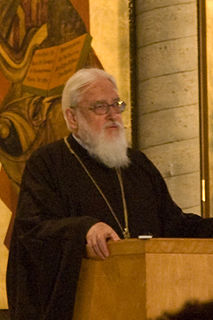A Quote by Taryn Manning
As soon as you put an actor to a person who is real, that person comes to life through another person.
Related Quotes
This is a lesson about life: This is one person. This is another person. This is one person trying to understand another person, even though it doesn't have room to download the other person into it's brain. It cannot understand the other person, even though it tries to. So he ends up overflowing with knowledge.
When I worked with various healers of one kind or another, very often what came up was that there was an "inner" person who was controlling what was going on in the life of the "outer" person, who thinks he's in control of his life. That inner person has a vested interest in keeping the person from getting well, so the healing doesn't take place.
I think the beauty of the film industry is that if another person tries to become another person or act like another person or imitate another person, they don't really get too far. When that person starts to realize who they are and what they can bring to the table, they start to blossom and grow. With that, it's not so much me looking towards my predecessors who have paved the way in the industry - it's more getting inspired. I get little bits and pieces of what I can take from any and everybody.
The isolated individual is not a real person. A real person is one who lives in and for others. And the more personal relationships we form with others, the more we truly realize ourselves as persons. It has even been said that there can be no true person unless there are two, entering into communication with one another.
A person who is app-dependent is always searching for the best app; and as soon as its routine has been executed, the person searches for the next app. A person who is app-enabled also uses apps frequently. But he or she is never limited by the current array of apps; apps will free the person to do what he or she wants to do, or needs to do, irrespective of the next application of the app. An app-enabled person can also put devices away, without feeling bereft.



































